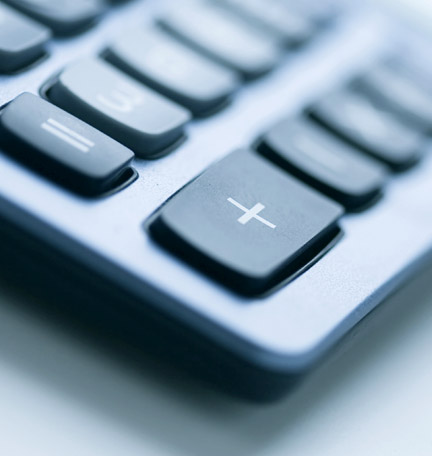Does Your Business Need a Business Bank Account?
Learn about the benefits and requirements of opening a separate business bank account.
Whether you’re a sole proprietor with a small number of transactions or an entrepreneur launching a self-funded business, you may be tempted to use your personal checking account for business transactions — especially if you don’t have many business expenses just yet.
For all business owners, however, it’s important to carefully evaluate the pros and cons of opening a separate business bank account — especially because there are a few instances where it’s absolutely necessary.
First, if your business is a separate legal entity, like an LLC or a corporation, using a separate bank account for all transactions related to your business can help you avoid mingling personal and business finances.
Also, if you’re thinking about applying for small business financing now or in the future, it’s a good idea to begin using a separate bank account for your business. While it’s not mandatory, some lenders may use bank account data to verify the details of your application such as business revenue, amount of time in business, and more. Without an active business bank account, you may face challenges in getting approved for funding.
The Benefits of Opening a Business Bank Account
Even if you’re a sole proprietor or an early-stage business without many expenditures, there are still plenty of reasons to consider using a separate bank account for your business.
First, mixing your personal and business expenses can create tax-season headaches. Mixing business transactions with personal transactions can make the process of reconciling your income and expenses both difficult and time-consuming, and it could even cause you to miss out on potential tax deductions. If the IRS audits your business, having a clear, distinct record of business expenses and transactions will make a potentially stressful experience much easier to navigate.
If you’re a sole proprietor, keeping a separate business bank account could help you stay on the good side of the IRS in other ways, too. In order to claim all business expenses, you’ll need to clearly distinguish yourself from what the IRS might consider a hobby. This will be particularly important during the early stages of your business — especially if you haven’t yet begun turning a profit. While the IRS has a set of criteria to help you make this determination, having a solid business presence, including a business bank account, can help establish your identity as a legitimate business. This can also help validate your business with vendors, creditors, clients, and 1099 employees. While this may seem trivial, it can go a long way toward establishing a level of trust and professionalism with third parties.
Establishing a Business Banking Relationship
Some small business owners continue using their personal checking because they assume their business isn’t earning enough revenue to open a business checking account. However, many banks offer a wide range of banking products designed to suit small businesses at virtually any stage.
In addition to the benefits outlined above, there are many reasons why it’s prudent to establish a banking relationship in the early stages of your business. Small business checking accounts may come equipped with tools and resources to help you manage your business. For example, many Regions business checking accounts provide access to a wide variety of tools, including iTreasury Small Business, access to QuickBooks by Intuit®, and more.
Once you’ve established a business banking relationship, you’ll have access to a wide range of small business banking products and services designed to support your growth — from SBA loans and small business lines of credit to payroll management and HR solutions.
Should I Open a Business Bank Account?
While opening a separate bank account may not mandatory for all businesses, most find it highly beneficial to do so. Ultimately, separating your business finances from your personal accounts and establishing a business banking relationship can help legitimize your business, make bookkeeping and taxes easier, and potentially provide you with access to other tools to help you manage your business.
Ready to open your first business bank account? Explore our small business banking products and resources.






